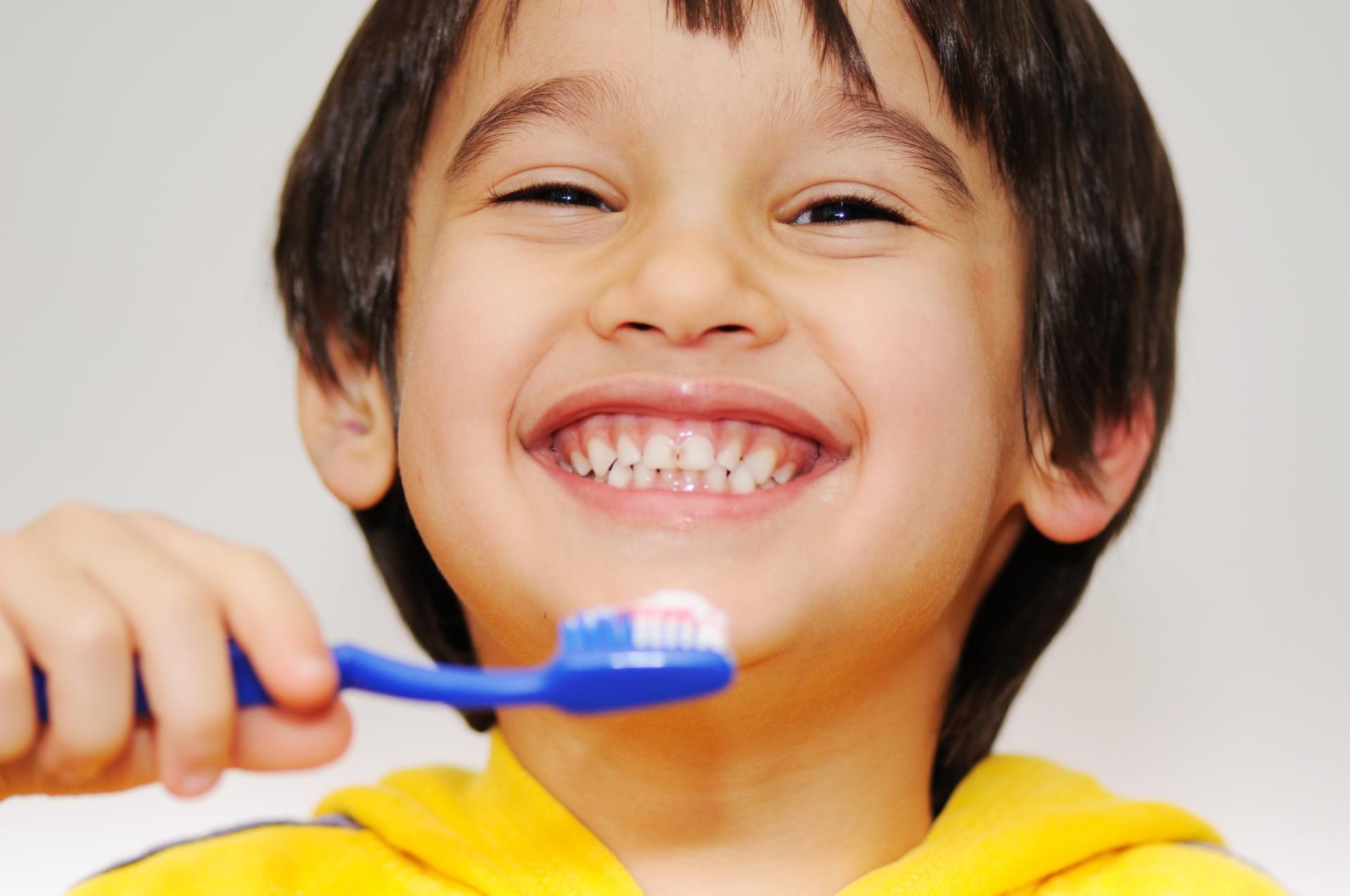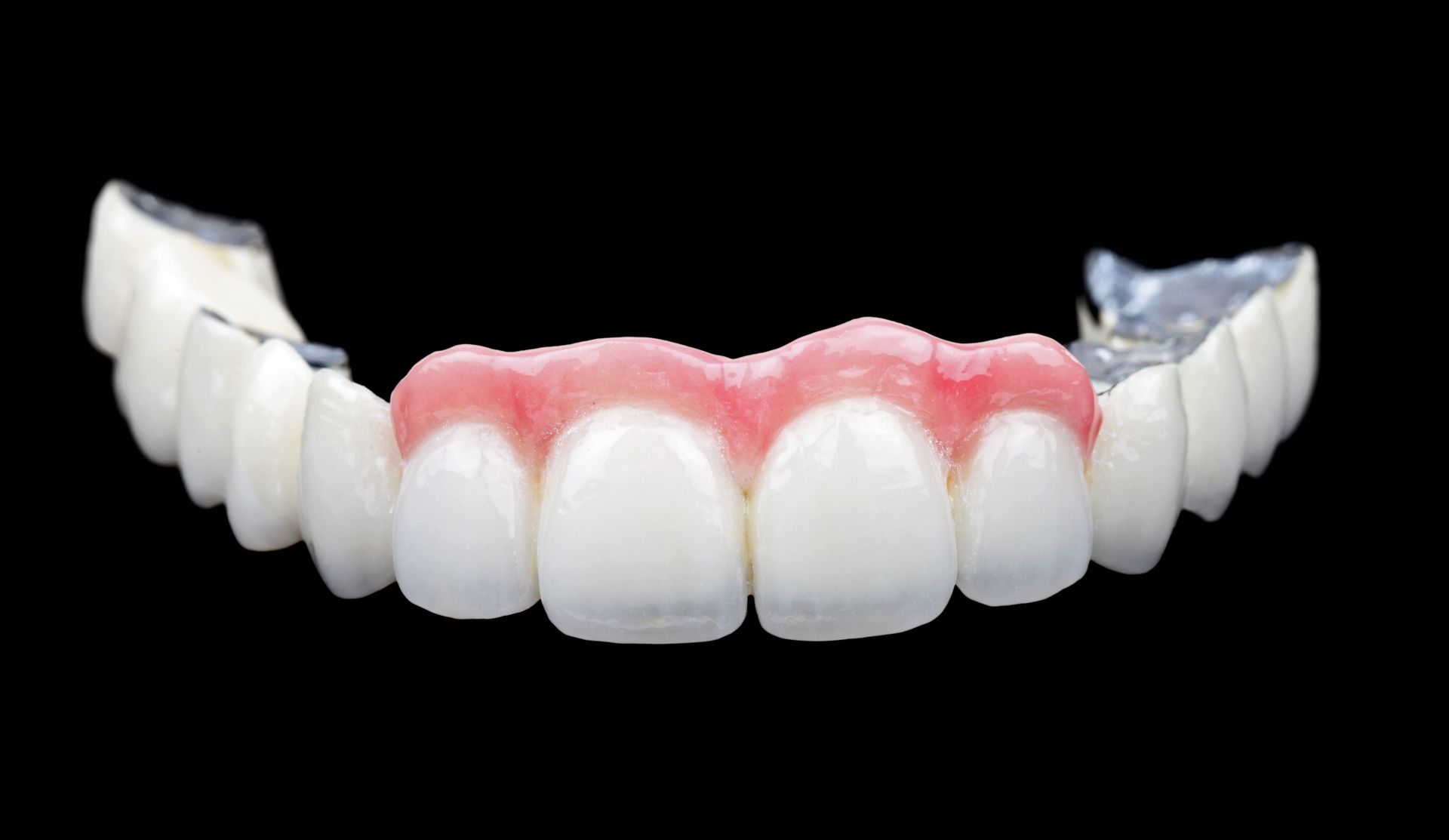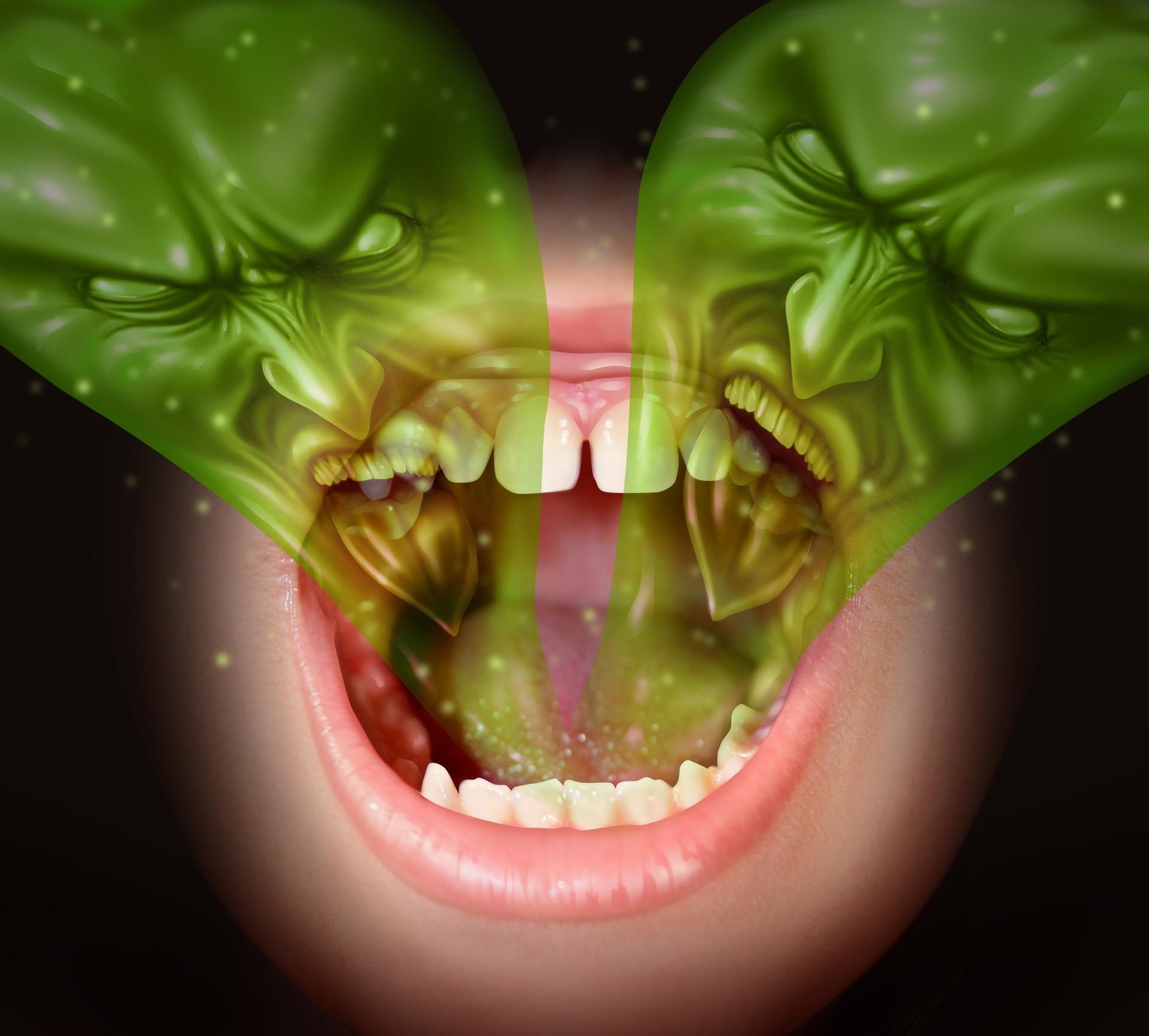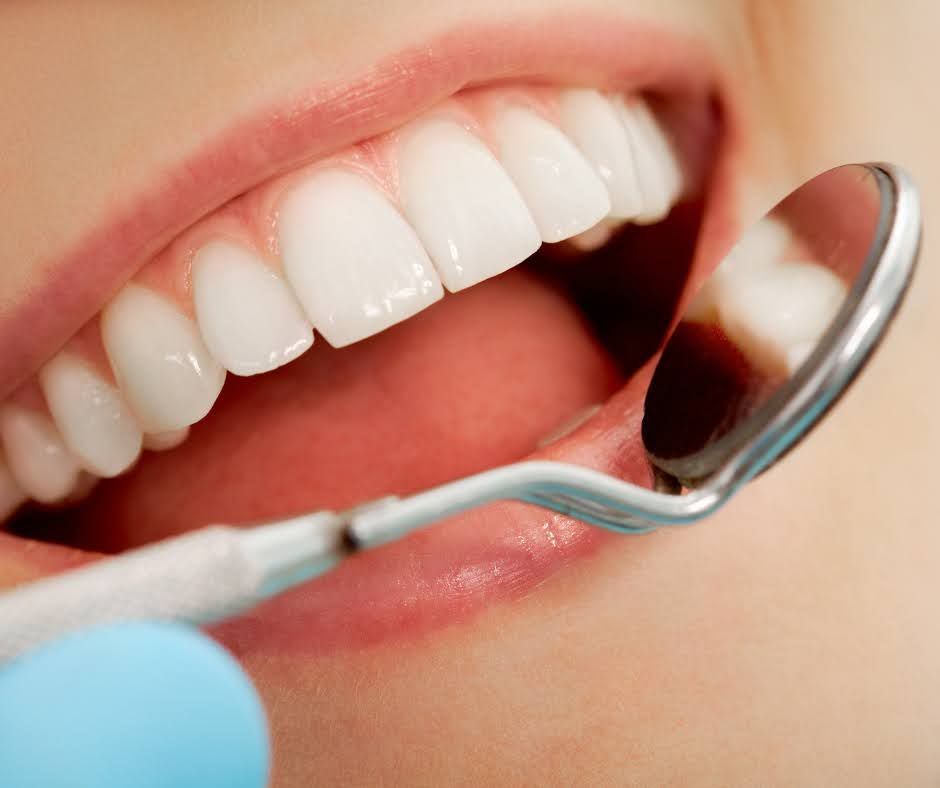9 Essential Nutrients for Your Teeth

Our teeth are vital resources that contribute to our survival, as they break down food matter into simpler and smaller materials, which our digestive system can handle. Therefore, proper dental hygiene and health are essential to keep our teeth healthy and strong. Our nutritional uptake determines our dental health as it can strengthen gums and teeth enamel.
General dental knowledge highlights that we should consume food rich in vitamins and minerals. Additionally, we should avoid sugary and salty diets that can compromise our teeth.
If you are currently unknowledgeable about which nutrients your teeth need, here are nine essential vitamins and minerals for your teeth.
1. Calcium
Your teeth are part of the skeletal system inside your body. Therefore, minerals like calcium that support your bones also support your teeth. Calcium forms the tooth enamel, the hard outer layer of the teeth. Tooth enamel helps to protect the teeth from abrasion, temperature fluctuations like hot and cold foods and beverages, and other damage. Dairy products, dark greens like kale, spinach, and broccoli, and white meat are rich in calcium.
2. Phosphorus
Phosphorus forms and hardens tooth enamel, providing it with the most abundant resource to keep them strong. Foods with high phosphorus content include animal and plant proteins like meat, dairy, beans, lentils, and peanuts.
3. Vitamin D
Vitamin D is essential for the absorption of calcium and phosphorus in the intestines, which provide the structural basis to develop and maintain healthy teeth. Fatty fish like salmon and tuna, oranges, and cereals have sufficient Vitamin D for your health needs.
4. Vitamin A
Vitamin A promotes the growth and repair of soft tissue and helps to keep the mucous membranes that line the mouth and gums healthy. The body absorbs Vitamin A in two forms: retinol in animal foods and beta-carotene in fruits and vegetables like mangoes, kale, and cantaloupes.
5. Vitamin C
Vitamin C forms collagen, which is the main structural protein in teeth. Collagen is a strong, resilient fiber that helps structure our bones and teeth and is the main protein in connective tissue in the human body. Citrus fruits, roots like potatoes, and leafy vegetables contain Vitamin C.
6. Vitamin E
Vitamin E reduces gingival inflammation and periodontal disease primarily due to its anti-inflammatory and antioxidant properties. Vitamin E foods include seed oils, nuts, fruits, and vegetables.
7. Vitamin K
Vitamin K is essential for producing osteocalcin, a protein that maintains bone density. Osteocalcin is also essential for the formation of tooth enamel. Vitamin K2 (menaquinone) prevents tooth decay by keeping calcium in the tooth enamel. The best sources of Vitamin K are green leafy vegetables like kale, broccoli, and spinach.
8. Zinc
Zinc reduces inflammation and bacterial growth in the mouth. Additionally, zinc protects against demineralization, which causes tartar to form on teeth and weakens the tooth enamel. Foods that contain zinc include animal products like seafood, dairy products, and meat.
9. Fluoride
Fluoride helps to remineralize the enamel on teeth, which makes it harder for acids formed from plaque to damage the teeth. Some foods that contain fluoride include animal products like seafood.
Besides oral and dental hygiene, proper nutrition ensures we can provide our bodies with the necessary building blocks to keep our teeth strong and reinforce against any damage. Vitamins and minerals also provide the nutrients to fight oral diseases and keep gums healthy. Therefore, we should consume foods rich in these nine minerals and vitamins to increase our oral and dental health.
If you have any dental issues or want to book a dental appointment, contact us at Carlino & Paton, DDS PC.
Contact Information
Address: 51190 D W Seaton Drive New Baltimore, MI 48047
Phone: 586-725-9898
Fax: 586-725-4470
Business Hours
Monday: 9:30 am - 6:00 pm
Tuesday: 9:00 am - 6:00 pm
Wednesday: 9:00 am - 6:00 pm
Thursday: 8:30 am - 6:00 pm
Friday: 8:30 am - 12:30 pm
Saturday: 9:00 am - 2:00 pm
Open One Saturday a Month
Contact Information
Address: 51190 D W Seaton Drive New Baltimore, MI 48047
Phone: 586-725-9898
Fax: 586-725-4470
Business Hours
Monday: 9:30 am - 6:00 pm
Tuesday: 9:00 am - 6:00 pm
Wednesday: 9:00 am - 6:00 pm
Thursday: 8:30 am - 6:00 pm
Friday: 8:30 am - 12:30 pm
Closed Saturday and Sunday










